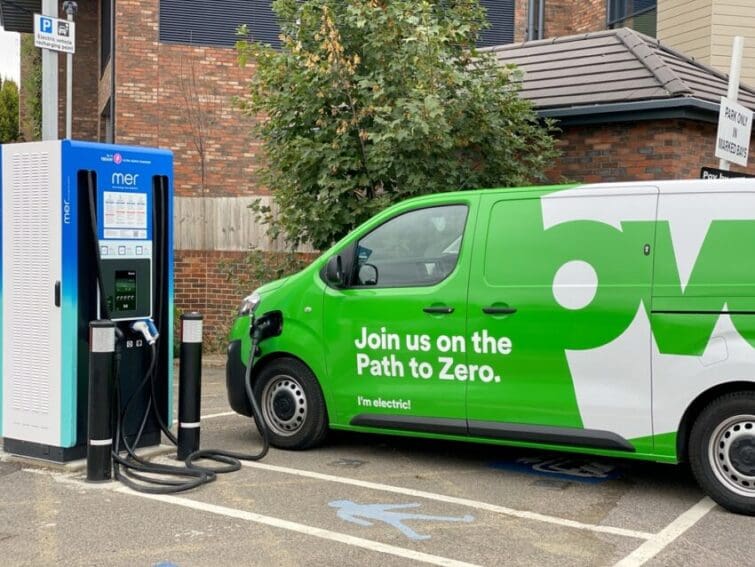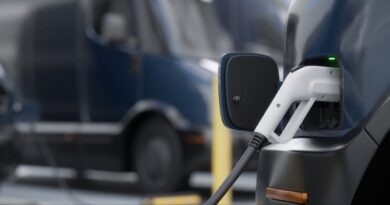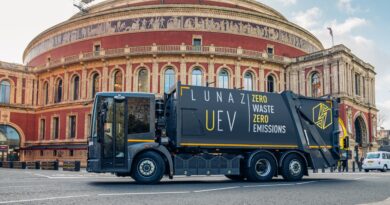Cost of motorway charging ‘is pricing businesses out of EVs’
The cost of motorway charging is pricing some businesses out of electric vehicle adoption, according to the UK’s fleet body.
of the Association of Fleet Professionals’ (AFP) said that the cost of high-powered public chargers was so high that it made switching to EVs financially unsustainable for some fleet operators.
He said that the rapid roll-out of more affordable on-street chargers was key to making EVs more affordable for businesses and drivers.
The average cost of public rapid charging is 79p/kWh, more than three times that of the standard domestic energy rate and 10 times more than some of the lowest EV-specific tariffs available to drivers who charge at home.
Hollick said that for businesses whose staff could not charge at home or at a company depot, this difference was hard to absorb.
He said: “We’re looking at a situation where using a public charger on the motorway might be 80 pence per kWh compared to perhaps a quarter of that or even less for people who have a charger on their drive.
“It’s a difficult situation. If you have drivers who live in a terraced house or an apartment so can’t install a charger at home, and who don’t often visit a location with car park or depot charging, then there is no choice but to use retail charging and it is exponentially more expensive.
“The whole total cost of ownership argument for EVs is very much based around low-cost charging. Electric cars and vans are relatively expensive to buy and residual values remain difficult to predict, but operators should be able to at least partially balance this out with low charging costs. Where this isn’t possible, some fleets are simply finding themselves priced out of electrification.”
While many are campaigning for a reduction in VAT on charging, Hollick said the situation was unlikely to change until on-street charging infrastructure dramatically improved, but he was hopeful that this could happen quite quickly.
He commented: “More and more, it feels as though massively improved public infrastructure is the number one element that would help EV adoption. Not only would widespread low-cost on-street charging help fleets with affordability but it would mean that day-to-day operation of electric vans would become more viable for many fleets by providing overnight facilities.
“Really, what we want to see is a massive increase in on-street charging happen very rapidly and this is something that we would very much urge whichever government is elected this year to examine.”
He added that the AFP had been working to map areas where charging is most required, and urged local councils and fleets to work together to make the most of the Local Electric Vehicle Infrastructure funding.






